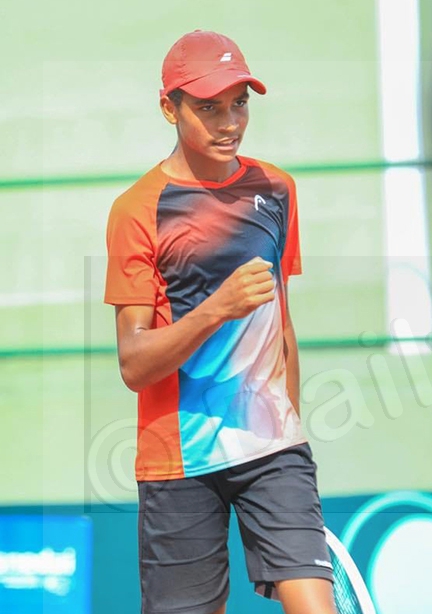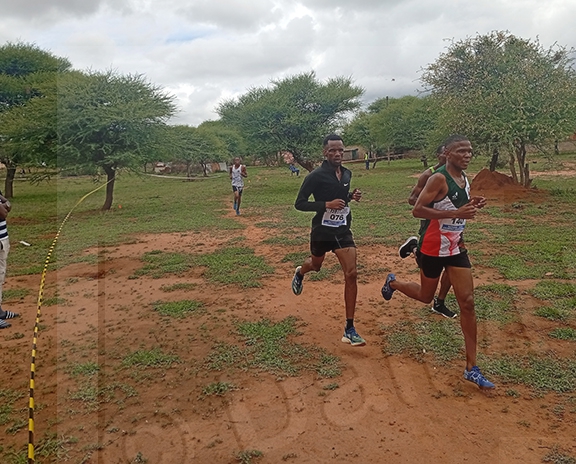Seoke gets four-year ban
02 Sep 2018
Isaac Seoke has been officially slapped with a four-year ban from athletics after he failed a doping test during the BAA super night track and field events held in Francistown this year.
According to the Athletics Integrity Unit latest sanctions for doping and non-doping violations released recently, Seoke’s suspension will elapse in 2022.
The unit said the banned substance found in his sample was clenbuterol, a substance on the WADA prohibited list.
Clenbuterol is a racemic mixture of two enantiomers banned in sport since 1992.
Its presence is tested for with the aid of liquid chromatography-mass spectrometry.
According to research from www.verywellfit.com, clenbuterol may cause cardiac hypertrophy or the enlargement of heart venticles, a potentially serious form of heart damage as well as irregular, heart rhythms.
Other side effects of clenbuterol include muscle tremors, increased perspiration, increased blood pressure, insomnia, headache, nausea, and vomiting.
However, Botswana Athletics Association vice president, Kenneth Kikwe said they were disappointed that yet another promising athlete had tested positive.
He said what was disappointing was that the association, together with Botswana National Olympic Committee, (BNOC) always educated athletes about the dangers of doping.
“In every camp we ensure that they are taught about anti-doping.At this time we should be focusing on young athletes teaching them about anti-doping so it means we have a lot of work to do,” he said.
Kikwe said athletes should come forward if they were to take medications under the prohibited list.
He said the athletes would be put under therapeutic use exemptions, noting that an athlete could be given permission to use the medication.
He, however, added that not every athlete was given the permission as concrete reasons were needed by the board.
Just recently, BNOC chief executive officer, Tuelo Serufho raised concern about athletes who still doped despite receiving education about the disadvantages of doping.
He said anti-doping was a concern not only to his organisation, but also the World Anti-Doping Agency (WADA) and International Olympic Committee (IOC).
To illustrate how serious sport is taking issues of doping, he cited the manner in which the IOC, WADA, and Paralympics Association bodies handled the systematic doping issues in Russia.
Serufho noted that a lot of Russian athletes were banished from competing at the 2016 Rio Olympic Games, adding that few were cleared at the winter Olympic Games held in Pyeongchang although they were not competing under the Russian flag.
Serufho said they had done much in educating national team athletes about the dangers of doping. ENDS
Source : BOPA
Author : Anastacia Sibanda
Location : GABORONE
Event : Interview
Date : 02 Sep 2018






